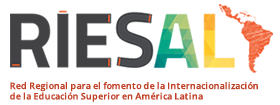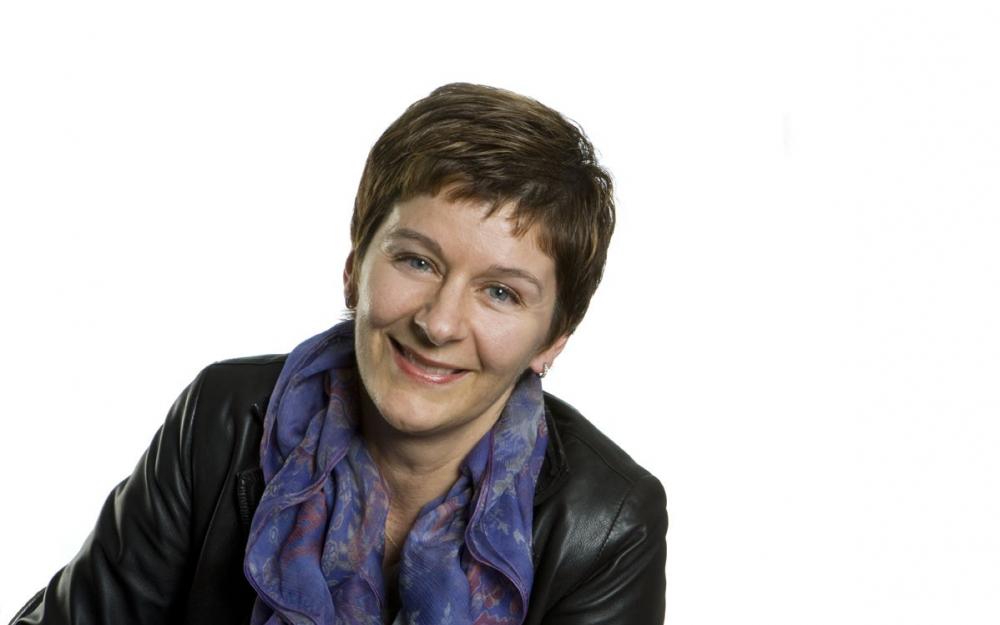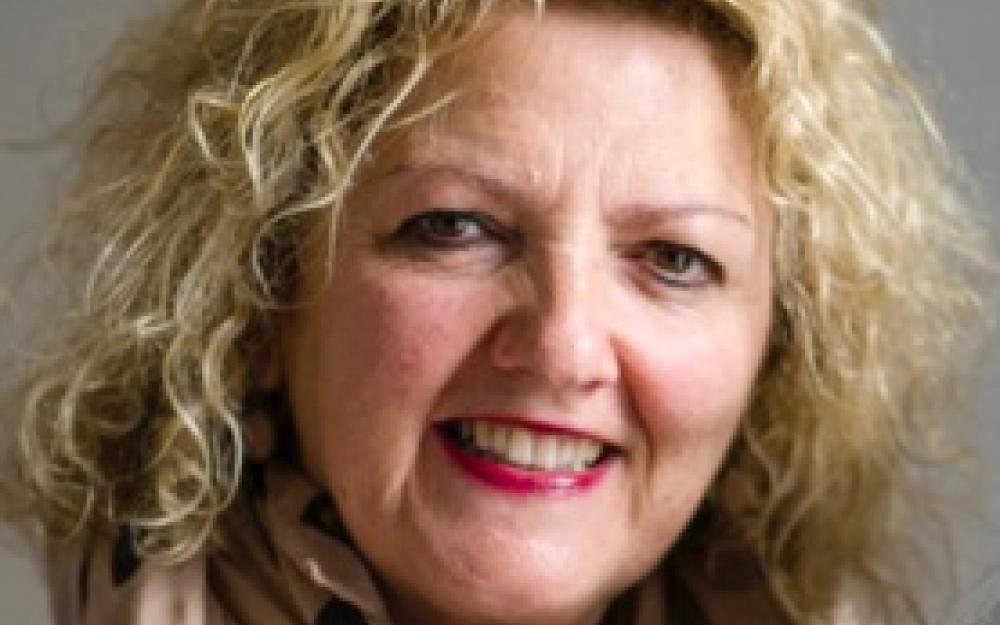This column was published by University World News. The authors are RIESAL partner institution academics from Università Cattolica del Sacro Cuore: Hans de Wit, Fiona Hunter and Elspeth Jones.
http://www.universityworldnews.com/article.php?story=20181031081234166
Over the past 25 years we have forgotten to bring academics and administrators with us in the development of the internationalisation process. In the beginning phase of the Erasmus programme, academics and their departments played a leading role in cooperation with partners and student exchange initiatives. With the growth of the programme, internationalisation became institutionalised, with core functions dealt with by leadership and international officers.
Similar developments took place elsewhere in the world. This bureaucratisation of internationalisation isolated academics as well as administrators from its further development. Giving responsibility back to them is essential for the future of internationalisation.
Universities have always been in the business of generating and disseminating knowledge. Increasingly this also means producing employable graduates and useful research that can make a contribution to society. Whatever the focus of the university, its attention is typically on those who come seeking education and rarely on those who work within the university, providing students with the necessary new skills to adapt to a changing environment. This has become even more apparent as internationalisation processes in higher education have evolved fast.
However, all too often, decisions around internationalisation are taken by a select group of senior leaders with academics and administrators simply expected to implement those decisions and students expected to accept internationalisation in whatever form it is offered.
Internationalisation and academic staff
Academics have the most important role to play in the internationalisation process, as they are key to the curriculum and its delivery. So attention to the professional development of academics in addressing the international and intercultural dimension of the curriculum is needed. They require help to design and assess effective internationalised learning outcomes.
Making academics leading stakeholders is not only essential for internationalisation’s success but will also lay the foundations for further professional development in a changing environment.
The role of academics in the internationalisation process has only recently received more attention in certain parts of the world and several enabling and blocking factors have been identified. It is important to keep these in mind as internationalisation policy is developed as they help us to understand and overcome potential resistance to change.
Internationalisation and administrative staff
It is interesting that evolving definitions of internationalisation over the past 25 years or so have typically excluded – or made only scant reference to – administrators. Administrative staff have often been left in the background, at times invisible, but they have nevertheless been expected to adapt to changing institutional needs, providing the requisite levels of service, with or without appropriate training.
A current Erasmus+ project, Systemic University Change Towards Internationalisation (SUCTI), is one example of an attempt to address this oversight through dedicated training that recognises the fundamental role of administrators, enabling them to become active participants in internationalisation at their institutions.
Building commitment to internationalisation among both academic and administrative staff requires a carefully thought-through strategic process involving the whole institution and providing appropriate human resource development. This inevitably implies a long-term change process. More open and future-focused universities are more likely to be willing to invest in professional development as an essential component of their internationalisation strategies.
Shifting roles and challenges
Comprehensive approaches to internationalisation lead inevitably to an increasing volume and wider scope of institutional international activity, which in turn requires greater professionalisation of staff. Universities which recognise this, need to understand the different but decisive roles played by both academic and administrative staff as equal partners in internationalisation.
Universities that persist with a shorter-term, more ad hocapproach and succumb to external pressures rather than planning ahead are likely to meet greater resistance from staff who feel inadequately prepared for new work demands.
Academic staff challenges lie in understanding that student mobility, delivery of a programme in English or the presence of international students are not the route to internationalising the curriculum. For too long these assumptions have been perpetuated in institutional strategies and policies.
Instead, the key challenge is to consider curriculum internationalisation from the perspective of their own academic discipline. There is no single approach to internationalising the curriculum; it will be different in every discipline and in every university.
Within the global, national and institutional context, what should a graduate have achieved by the end of their programme of study? What would a similar programme look like in another country or with an alternative viewpoint on curriculum content? What are the issues for a particular discipline in a global society and how does that discipline contribute to solving global problems? What intercultural skills does a graduate of this programme need?
Academics may feel they lack the skills and experience to design internationalised learning outcomes, so support in delivering the kind of curriculum outlined here is needed to counteract the myth that mobility, teaching in English or having international students in class will internationalise the curriculum.
Other challenges lie, not in the process of internationalisation itself, but rather in institutional structures and practices that do not support the needs of internationalisation. Typically, these reflect weak institutional practices in vertical and horizontal coordination and communication. There may be a lack of alignment in goals between different administrative units or between academics and administrators. An absence of an enabling policy framework and excessive bureaucracy can exacerbate this.
Key skills in internationalisation
Academics need time and space outside their teaching and other duties for the issues outlined above to take place. Facilitated intervention may help academics and administrative staff who lack international and intercultural experience to explore what internationalisation means in their discipline and how to deliver it through the curriculum.
Some may need support in designing and assessing internationalised learning outcomes or in adapting teaching and learning processes, particularly for multinational and-or multicultural classrooms. Language development may be required if they are to deliver programmes in a second language, such as English.
But training in English language is not enough. Staff need to be able to communicate in a multicultural environment and to have an understanding of internationalisation. More specifically, they need to know about their own institution’s internationalisation strategy if they are to feel part of the project. Indeed, training is not only about gaining appropriate knowledge and skills but also building team spirit and shared commitment.
Whatever the stage of development in internationalisation an institution is at or the traditions in strategic management it has, and even when a broad range of general training exists, there is usually very little specific training on internationalisation for administrative staff. Where training is provided, it may or may not be linked to the internationalisation strategy, is rarely offered in a systematic manner, tailored to specific administrative needs or formally recognised for the purposes of career advancement.
Internationalisation of human resources
Internationalisation exposes and magnifies institutional weaknesses and any university serious about internationalisation must also be willing to take an honest and critical look at its traditional modes of operation and reflect on the broader changes it needs to undertake.
A strategic approach to internationalisation recognises the value of all staff – both academic and administrative – as equal partners and actively builds on their involvement.
When training provision is aligned with strategy, it gives academic and administrative staff not only the appropriate skills and competences, but also builds their confidence and commitment to making an active contribution through the development and delivery of high quality activities, whether in academic or administrative units.
Elspeth Jones is emerita professor of the internationalisation of higher education at Leeds Beckett University, United Kingdom. Email: e.jones@leedsbeckett.ac.uk. Fiona Hunter is associate director of the Centre for Higher Education Internationalisation at the Università Cattolica del Sacro Cuore, Milan, Italy. Email: fionajanehunter@gmail.com. Hans de Wit is director of the Center for International Higher Education, Boston College, United States. Email: dewitj@bc.edu.
Hans de Wit has issued a call to readers and contributors to University World News to send him their essays of between 800 and 1,200 words on what went well and what went wrong in internationalisation of higher education over the past 25 years. He will select one essay to be published by University World Newsand at the end of 2019, will bring all these essays together in a book.







